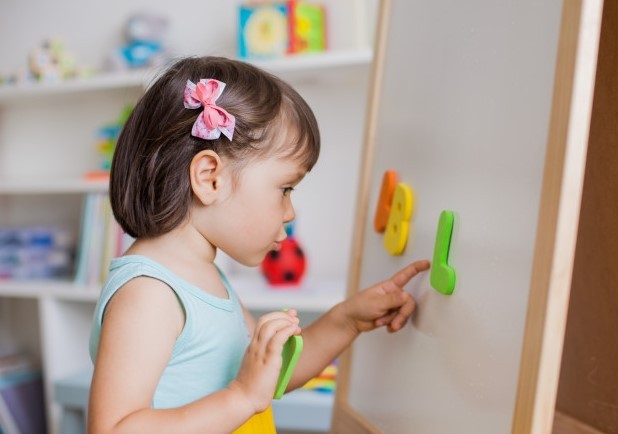Teaching Strategies for Teachers When Teaching A Foreign Language

In addition to having a wealth of language knowledge, educators also need to adopt effective teaching strategies in order for students to master a new language. Reading, copying words, reciting texts, playing games, etc. all play a role in students’ learning of different period. Next, I will introduce three practical teaching strategies for you while you are teaching English as a foreign language
[Recommended Reading: 5 Tips to Make English Teaching Interesting Online]
Encourage mindfulness often
A calm brain is beneficial to the teaching of educators and the study of students.
On the one hand, when a teacher makes a mistake, accept the correction of the students instead of having a pointless argument with them for the sake of so-called "pride".
On the other hand, when students struggle in a concept or a problem, give them a break to reorganize their minds.
Practicing mindfulness can help students reduce anxiety and learn a new language in a better state of mind. Perhaps for students who are learning a new language, it is a great terrible thing to make mistakes in front of native speakers. Therefore, teachers should encourage them at the right time and let them know that it is not a shame to make mistakes. Only by recognizing their own mistakes can they make progress in their learning.
Visualizing the concepts
Abstract words and concepts are not easy for young students to understand. By putting related photos on the screen and showing objects, students can describe and identify things more accurately by visualizing new knowledge.
Teachers can prepare some teaching props according to the theme of the course, such as daily necessities (cups, maps, etc.). Drawing, making manual works, and even physical exercise are good ways for students to learn new things. The most important point is that students should know what they are actually learning no matter what you use to communicate what’s you are teaching.
Doing Roleplay
It is undeniable that textbooks are important for students' learning. However, considering the cost of rewriting or revising, generally textbooks will not have a new version until several years (or even decades), which leads to some materials that are not in line with real life.
The most effective way for students to really be able to talk in the target language in reality is to let students experience and practice how to communicate with others.
Roleplay, specifically, is to allow students to imitate familiar scenes to perform. Learning about students' daily life and hobbies and setting up relevant life scenes can make students more involved in role-playing performances. Furthermore, show students your plan, ask them give critical feedback, and do corrections based on their opinions to make the script more authentic.
Don't forget to repeat different scenes so that students can remember to use the new language correctly in daily life to communicate with others.
-
How You will be Paid as an Online English Teacher in 2020
Most online teachers will think of a payment method or a way to get paid. Learn how to get your safe... -
A Good Way to Prevent Your Students Getting Lost in the Online Courses
In the information age, more and more people from different fields choose English online courses to... -
Four Creative Writing Activities for Students
Writing is an important session of English language learning. Here are four different activities stu...








